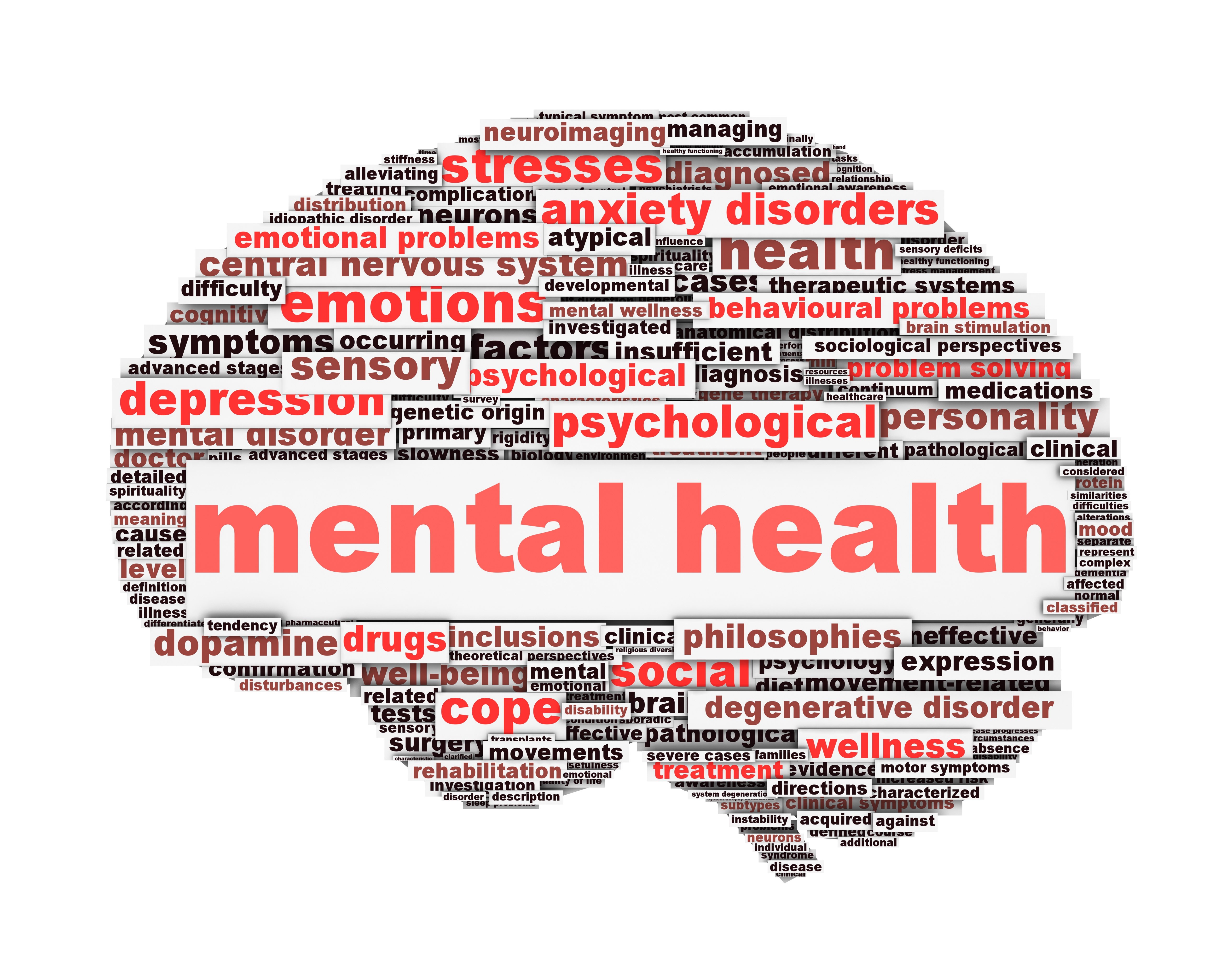Comprehensive Inpatient Mental Health And Wellness Providers for Effective Treatment
Inpatient psychological health services stand for an essential element of the medical care system, offering a intensive and structured setting for individuals experiencing serious mental distress. These solutions employ a multidisciplinary method, incorporating numerous evidence-based therapies to deal with the intricate demands of patients. The efficiency of such thorough care prolongs beyond instant stabilization; it likewise includes the shift to outpatient assistance, an important phase typically ignored - inpatient mental health services. Checking out the nuances of this continuum reveals significant implications for both individual recovery and more comprehensive psychological wellness end results. What aspects genuinely affect this shift, and how can we enhance its effectiveness?
Recognizing Inpatient Mental Wellness Solutions
Inpatient mental wellness services provide essential assistance for individuals experiencing extreme mental distress that can not be managed properly in an outpatient setup. These services are made to provide an intensive degree of care in an organized environment, usually within a health center or specialized facility. Patients admitted to inpatient programs typically present acute signs and symptoms, such as suicidal ideation, serious depression, or psychosis, demanding round-the-clock surveillance and intervention.
The admission procedure usually includes a comprehensive evaluation by psychological health and wellness specialists, who examine the person's mental state, background, and prompt requirements. As soon as admitted, people engage in a selection of therapeutic techniques customized to their particular needs, including medicine monitoring, specific therapy, and team sessions. This holistic approach intends to maintain the client's problem, promote safety, and foster coping abilities.
Inpatient mental health solutions not only address immediate wellness worries but additionally function as a bridge to ongoing care. By offering a controlled setting, these services assist in the growth of treatment strategies that can be continued in outpatient settings, therefore making certain a continuum of treatment and boosting long-term outcomes for individuals with complicated psychological wellness demands.
Trick Elements of Effective Therapy
Reliable therapy in inpatient psychological health and wellness solutions consists of a number of crucial elements that promote healing and stabilization. An extensive assessment is essential to recognize the person's certain requirements and challenges. This assessment educates the growth of a tailored treatment strategy, which works as a roadmap for treatment.
Another vital component is the multidisciplinary team technique. Collaboration among psychiatrists, psychologists, registered nurses, and social workers makes certain that numerous perspectives add to the person's care, boosting the performance of therapy. Evidence-based healing techniques, such as cognitive-behavioral treatment (CBT) and dialectical behavior treatment (DBT), are also integral, giving organized strategies that attend to maladaptive idea patterns and behavioral concerns.

Last but not least, an emphasis on aftercare planning is vital to guarantee a seamless transition to outpatient solutions, lessening the risk of regression and promoting lasting wellness. These cumulative elements develop an efficient therapy framework within inpatient psychological health and wellness services.
Benefits of Comprehensive Treatment

Detailed treatment in inpatient mental health services uses numerous benefits that substantially boost person outcomes. One of the main benefits is the alternative strategy to treatment, dealing with not only the mental signs yet additionally the physical, social, and psychological needs of clients. This detailed assessment enables tailored interventions that promote general wellness.
One more benefit is the combination of multidisciplinary teams, which promotes partnership among healthcare professionals. This collaborative environment ensures that patients receive coordinated treatment, lowering the threat of fragmented therapy and improving communication among caregivers. Furthermore, thorough treatment promotes connection of services, enabling seamless changes from inpatient to outpatient setups, which is vital for long-lasting recovery.

Finally, the structured environment of extensive inpatient care gives a secure room for individuals to take part in restorative tasks, assisting them develop coping approaches and strength. Collectively, these benefits add to much more effective therapy and improved top quality of life for individuals experiencing psychological wellness situations.
Evidence-Based Therapeutic Techniques
In the realm of psychological health and wellness treatment, evidence-based therapeutic strategies play a critical duty in making sure that clients obtain efficient and scientifically supported interventions. These strategies incorporate the most effective readily available research study with clinical knowledge and person values, fostering a customized treatment experience that attends to individual requirements.
Cognitive Behavioral Treatment (CBT) is one of the most commonly identified evidence-based methods, focusing on recognizing and changing negative thought patterns and actions. This organized approach has shown efficiency in dealing with conditions such as clinical depression, ptsd, and anxiety. Dialectical Behavior Therapy (DBT) is particularly effective for individuals with borderline personality disorder, emphasizing the growth of emotional Bonuses regulation and social effectiveness skills.
Additionally, drug monitoring is usually an integral part of evidence-based therapy, as psychotropic medicines can go to this website ease signs and enhance overall functioning. Joint treatment designs, which involve multidisciplinary groups, better improve the effectiveness of inpatient services by guaranteeing comprehensive evaluations and continual tracking.
Eventually, the integration of evidence-based healing techniques not only advertises positive clinical end results however also encourages individuals, fostering a feeling of company and resilience in their psychological health and wellness journeys.
Transitioning to Outpatient Assistance
The transition from inpatient psychological health and wellness solutions to outpatient support notes an important phase in a person's healing trip. This period calls for cautious preparation and sychronisation to ensure connection of treatment and to alleviate the risks of regression or crisis. Efficient discharge preparation ought to start early in the inpatient remain, entailing a multidisciplinary team that consists of psychoanalysts, psychologists, registered nurses, and social workers.
Crucial element of a successful change include the advancement of a comprehensive aftercare plan customized to the individual's certain needs. This plan must outline follow-up visits, drug management, and restorative treatments, as well as determine area resources and support system that can promote recurring recovery.
In addition, person and family members education is vital throughout this phase. Recognizing the indicators of possible problems and the significance of adhering to treatment can equip people and their assistance systems.
Regular follow-up and review of the outpatient strategy are important to resolve developing difficulties. By fostering a collaborative connection between inpatient and outpatient providers, the probability of continual healing boosts, eventually boosting the patient's quality of life and reducing the danger of readmission.

Verdict
In recap, thorough inpatient psychological wellness solutions use a crucial structure for resolving extreme emotional distress via a multidisciplinary technique. Eventually, such detailed care is important for long-term mental wellness useful reference and health.
The admission procedure typically involves an extensive assessment by psychological wellness experts, who evaluate the person's psychological state, history, and immediate demands.Efficient treatment in inpatient psychological wellness services comprises numerous crucial elements that foster recuperation and stabilization.Comprehensive treatment in inpatient psychological health solutions uses various advantages that substantially improve patient results.The transition from inpatient psychological health and wellness solutions to outpatient assistance marks an essential phase in a patient's healing journey.In recap, extensive inpatient psychological health solutions provide an essential structure for addressing serious psychological distress with a multidisciplinary approach.
 Anna Chlumsky Then & Now!
Anna Chlumsky Then & Now! Charlie Korsmo Then & Now!
Charlie Korsmo Then & Now! Sydney Simpson Then & Now!
Sydney Simpson Then & Now! Earvin Johnson III Then & Now!
Earvin Johnson III Then & Now! Susan Dey Then & Now!
Susan Dey Then & Now!